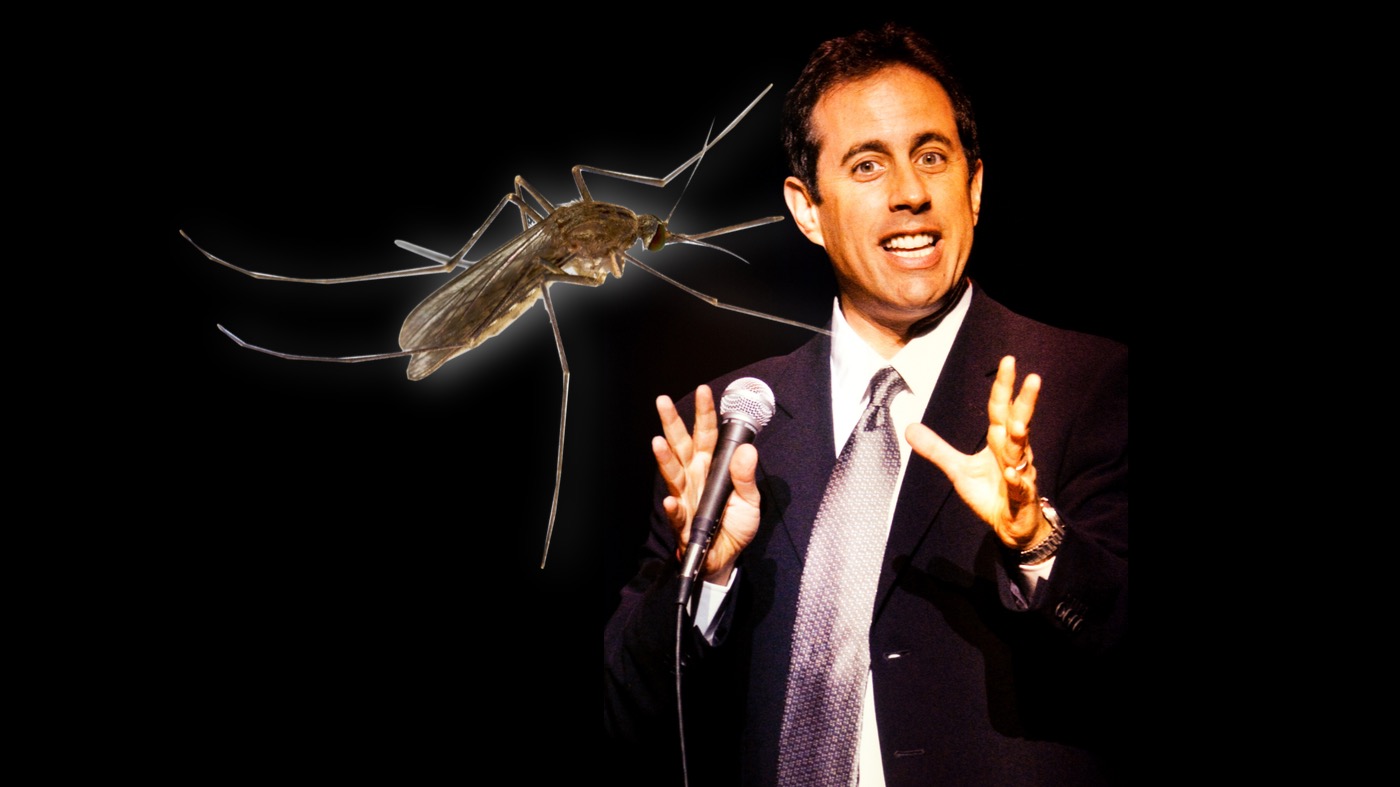What’s the deal with Zika?
Before you travel—or before you freak out—here’s all the pertinent Zika information from the CDC and the state.

Photo by: Mamboman1 and Thomas Hawk
1. How do you pronounce “Zika”
Let’s get this out of the way, because people in our office pronounce it three different ways.
It is pronounced like “zeeka.”
Moving on.
2. How big of a problem is Zika?
Well, in the United States, there were 544 cases reported as of May 18th, 2016. Every single one of them has been travel-related. Of those 544, 10 were sexually transmitted.
The U.S. territories have a much higher number–836.
Virginia’s clocking in at 15 cases thus far, which makes up 3% of the total cases in the U.S. New York has the most by far, at 114 (21%). Three of those cases were in Central Virginia.
Data is reported to the Center for Disease Control weekly, with a delay of one week.
3. What exactly does Zika do to a human?
To adults, very little: symptoms include red eyes, fever, joint pain, and rash. The biggest threat is to pregnant women, whose babies could suffer birth defects, namely microcephaly (which is when a baby is born with an abnormally small skull).
In some cases, Zika can cause Guillian-Barré syndrome. This has only happened once in the U.S.
4. Where does one get Zika?
Pretty much all of South America, Central America, the Caribbean, and Mexico are reporting cases of Zika. Here’s a handy map.
5. How do you prevent it?
If you’re traveling to a Zika area, you avoid mosquito bites like the…well, you know. Use EPA-approved bug spray, mosquito nets, and long-sleeved and -pantsed clothing.
You also use condoms, particularly if one of you is pregnant. The CDC isn’t sure yet how long Zika lasts in semen, and they don’t know for sure if women can transmit Zika to a sexual partner. But they do know that semen can transmit Zika from an infected man to a sexual partner. Thus far, it’s only been dudes with Zika symptoms, but the jury is still out on whether or not it can be transmitted from a symptomless male.
You can also do your part to reduce the mosquito population. David Calkins of the Virginia Department of Health recommends picking one day every week to “fight the bite:” walk around your property and dump out any standing water. Asian tiger mosquitoes (the ones that carry zika) grow in artificial containers only–which is a weird thing for a species to be picky about!
6. Yeah, but like…condoms for all kinds of sex?

Yep, all kinds. An infected person’s semen should just in general be kept far away from everyone else, especially pregnant women.
The CDC helpfully reminds you that you could just refrain from having sex at all for an undetermined period of time until you’re definitely not infected anymore, which probably makes the condom idea sound a lot better. I wrote the weirdest sentence at work today!
They also have a whole lot of pictures like this, which really freak me out. Stop touching her like that, infected man!
7. What do you do if you think you may be infected?
Go see your doctor and protect yourself super well from mosquito bites–no sense in giving it to our own mosquitoes to spread around.
8. What if I want to get pregnant sometime in the kind of near future?
If you’ve traveled to a Zika area, you should wait eight weeks. If you actually have Zika symptoms, women should wait eight weeks after they start and men should wait six months. If you’ve both been infected, that’s some dispiriting logistics right there.
9. We’ve got mosquitoes in Virginia-are those nasty bloodsuckers carrying Zika?
There are two kinds of mosquitoes that could (not necessarily do) carry Zika: Aedes aegypti and Aedes albopictus. And yes, we do have them in Virginia.
Here’s what has to happen to turn these mosquitoes into bona fide Zika carriers:
- People have to carry virus within their bloodstream into the U.S.
- Those people have to get bitten by a mosquito during the first week of their infection
- That mosquito has to stay alive long enough for the virus to make more viruses
- That mosquito has to bite another person
- Repeat entire cycle multiple times–then that’s an outbreak
10. What’s being done about it all?
The Center for Disease Control (whose handy website has been supplying me with all of this information and a whole lot more) has activated its highest level of response.
This means they’re in U.S. territories as well as some other countries being infected, doing a bunch of studies about Zika in semen and urine, reporting and monitoring cases to help us figure out how it’s spreading, and learning more about the link to microcephaly and Guillain-Barré.
In Virginia, the state response plan is 72 pages long. Basically, they’ve established a task force and they’re cooperating with the CDC.
11. How does Zika measure up to other bug-borne illnesses?
According to the CDC:
- Malaria — About 1500 cases are diagnosed in the U.S. each year (most are travelers)
- Dengue hemorrhagic fever — Between 100 – 200 in the U.S. each year (all are travelers)
- Chikungunya virus — 679 in 2015 (all are travelers)
- Lyme disease — 25,359 in the U.S., 976 in Virginia alone
-
Recommend this
on Facebook -

Report an error
-

Subscribe to our
Weekly Digest





Notice: Comments that are not conducive to an interesting and thoughtful conversation may be removed at the editor’s discretion.